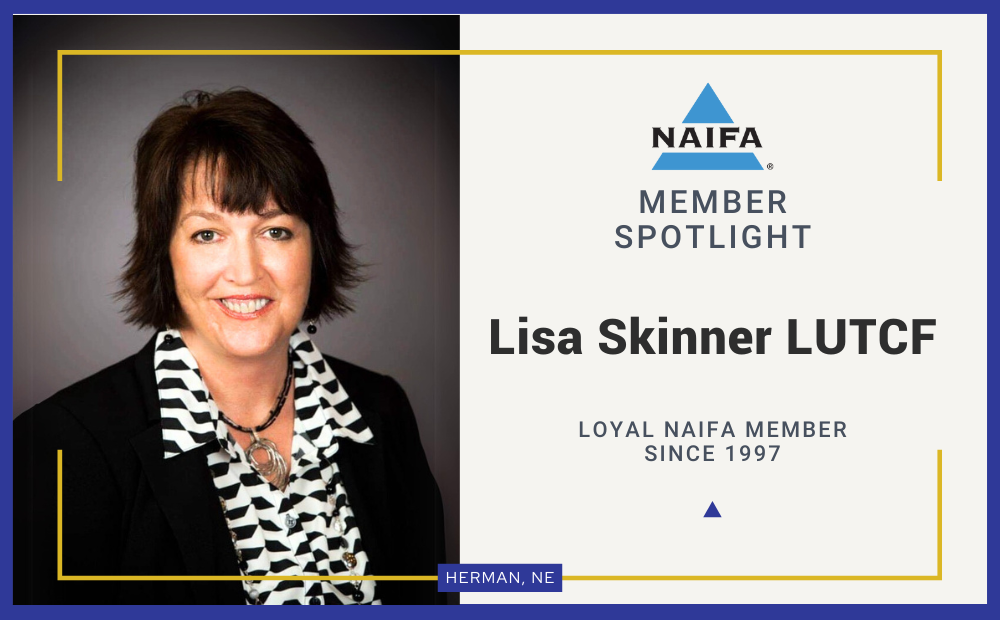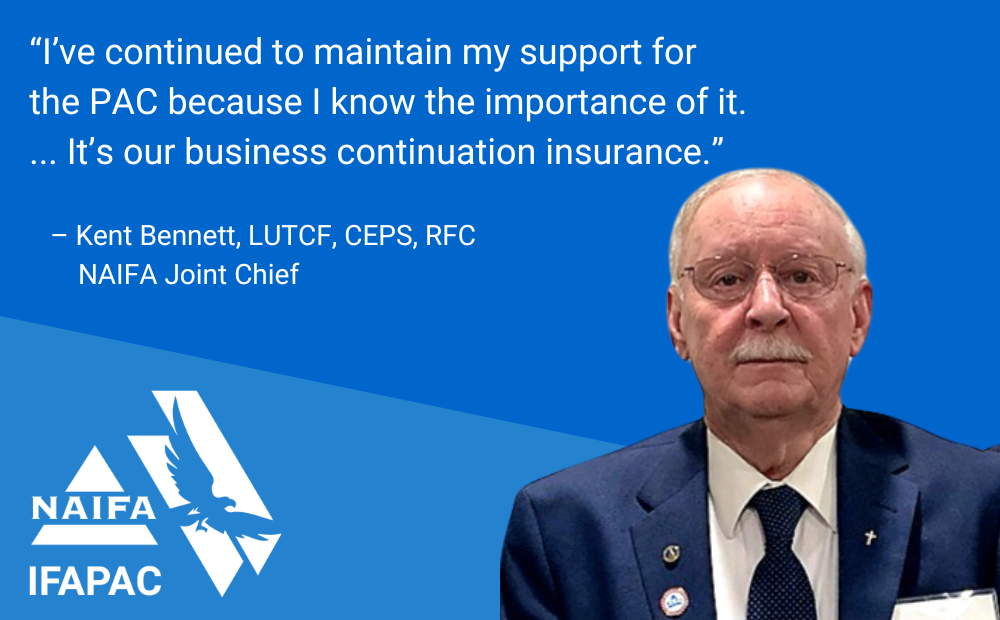Although only a few years have passed since the 2008-2009 financial crisis, many Americans seem to have forgotten the trauma it caused to their portfolios and may now have a false sense of security about their current financial well-being. This is according to the 5th annual New Year’s Resolution Survey from Allianz Life Insurance Company of North America.
Only 16% of respondents said they would include financial planning in their resolutions for 2014, less than half of the 33% who said they would make financial planning a high priority when making resolutions in 2009, the first year of the Allianz Life survey. Furthermore, nearly half (49%) of U.S. adults surveyed said they are unsure about seeking financial advice in 2014, up from 44% the previous year.
One reason people feel more financially stable is due to an expressed trend that they are shedding some of their bad financial habits. Fewer of the Americans surveyed said: l am “spending too much money on things not needed,” (down from 30% in 2012 to 26% in 2013), I am “not saving any money,” (down from 30% to 27%) and I am “spending more than I make,” (down from 18% to 14%). Additionally, more people said they are guilty of “none of these bad habits” – up to 28% in 2013 from 24% in 2012.
“Though Americans say their financial habits are improving, which is good, being a little smarter with money is not the same as true financial planning,” says Katie Libbe, vice president of Consumer Insights for Allianz Life. “Being more disciplined about spending and saving can certainly have a positive effect on financial stability, but that shouldn’t be confused with financial planning. People need to take the next step and turn better habits into longer term-planning.”
Although the top reason survey participants gave for why they are going to ignore financial planning was a belief that they “don’t make enough to worry about it,” (30%) this response was down from 34% in 2009 and is the lowest level in the survey’s five-year history. In a bright spot, more people than ever (27%) said they already “have a solid financial plan,” up slightly from last year (26%), and a full 4% higher than the 2009 response.
The more things change…
In the grand tradition of New Year’s resolutions, excluding faith and family, participants again ranked health and wellness as their most important focus area for 2014. At 43%, the rate was almost unchanged from 44% the previous year. The second most important was financial stability at 30%, followed by career/employment (15%), education (6%) and entertainment/leisure (5%) These results were at nearly the same level as they were in preceding years.
The same emphasis could be seen in the resolutions survey participants believe they are most likely to keep. Exercise and diet came in first at 43%, down slightly from 44% the year before, but still average for the five years of the survey. Managing money better came in second with 40%, also on par with the five-year trend. As in earlier years, spending more time with family and friends, volunteering, and stopping a bad habit followed in that order.
---------
By Ayo Mseka
Editor-In-Chief








.png?width=300&height=300&name=CC%202025%20Ad%20(300%20x%20300%20px).png)
.png?width=300&height=600&name=Tax%20Talk%20Graphic%20-%20email%20tower%20(300%20x%20600%20px).png)



.png?width=300&name=NAIFA-FSP-LH%20with%20tagline%20-%20AT%20blog%20email%20ad%20(300%20x%20250%20px).png)
.png?width=728&height=89&name=2024%20Congressional%20Conference%20(728%20x%2089%20px).png)
